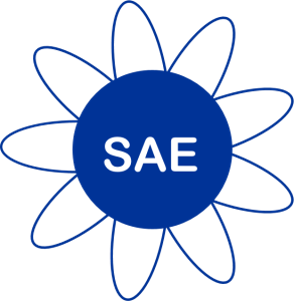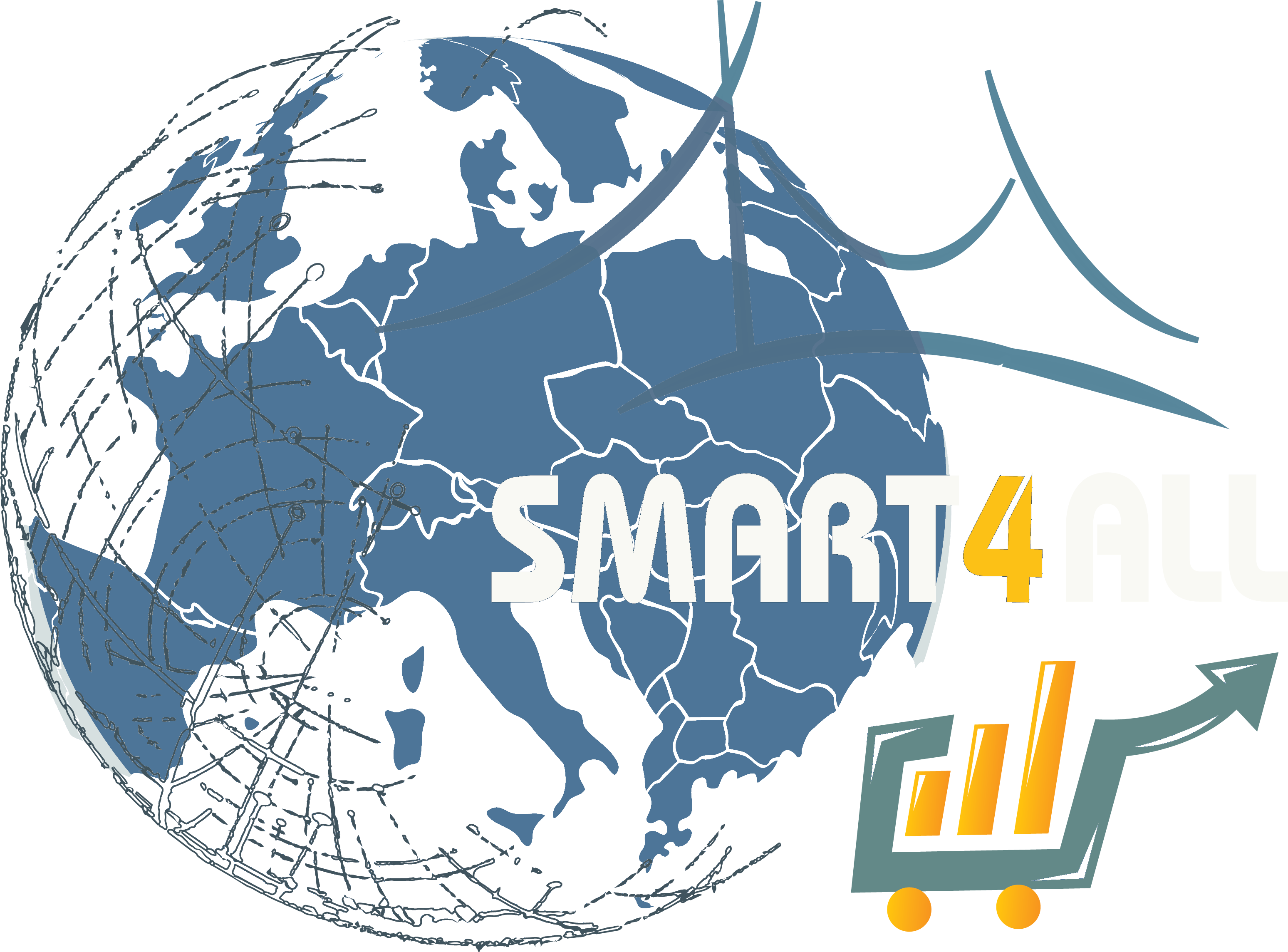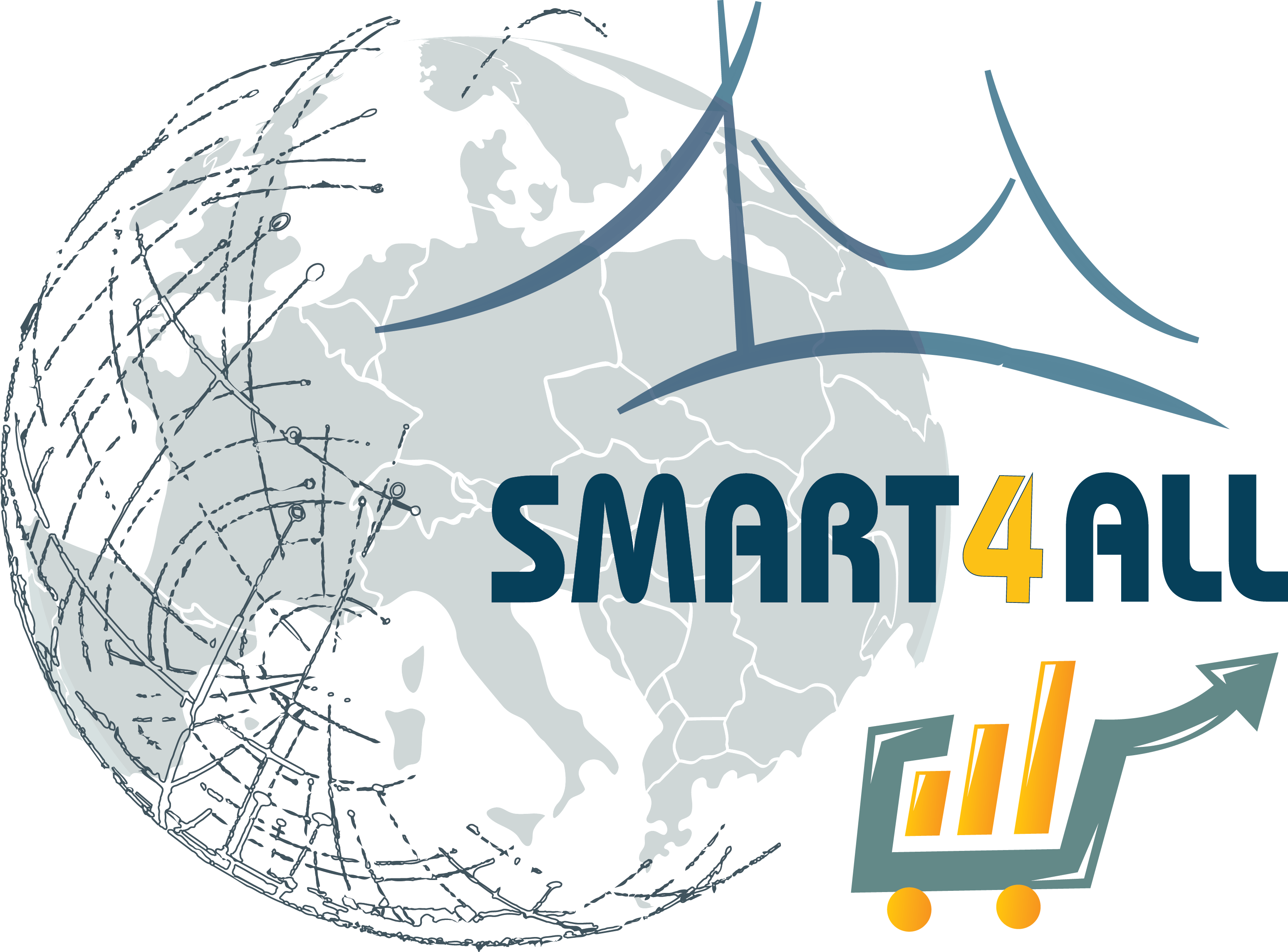BC4GRID is a cross-domain technology transfer experiment implemented by two Montenegrin and Croatian SMEs and the Mathematical Institute of Serbian Academy of Sciences and Arts with an aim to create a decentralized smart grid system with application of the blockchain technology for reliable and safe grid operation and trading. MISANU is in the process of developing a blockchain technology by incorporating novel Combinatorial Optimization Consensus Protocols (COCP), cryptographic time-memory-data trade-off approaches (TMD-TO), and advanced cryptographic algorithms. These advancements aim to ensure data privacy, resilience against cyber-attacks, and effective identity management. On the other hand, INCEPTON is actively engaged in the development of data-driven models within commercial software projects, particularly focusing on smart energy grid solutions. In an effort to expand its portfolio in Blockchain for smart grids, INCEPTON plans to leverage MISANU's technologies and expertise. Meanwhile, B Solutions possesses a track record in commercializing activities and excels in devising successful marketing and commercialization strategies. Through the BC4GRID CTTE, MISANU has deployed and validated its researches related to blockchain technology, opitimization protocols and algorithms. Simultaneously, INCEPTON and B Solutions have enhanced their portfolios and reduced time-to-market by incorporating MISANU's technologies and knowledge into their respective endeavors.
Objectives
Blockchain technology plays a crucial role in the electricity sector's transition to smart grids. The BC4GRID project's main aim is to design blockchain software specifically for smart grids, optimizing existing processes while ensuring secure grid management and energy trading. The collaborative efforts of project partners have led to the development of the BC4GRID blockchain software solution. This solution is built upon Combinatorial Optimization Protocols (COCPs) and cryptographic approaches, providing trustworthy, accurate, efficient, and intelligent data on energy production, sales, and consumption. The overarching objective of this project is to create state-of-the-art software through the utilization of combinatorial optimization protocols and encryption algorithms. Employing these methods has resulted in an innovative blockchain solution that significantly enhances trustworthiness and reliability in the smart grid sector. Consequently, prosumers can access precise and reliable information concerning energy consumption, trading, and system maintenance.
Challenges
The primary challenges facing the European Union (EU) revolve around attaining the objectives of the Digital and Green Agenda. Over the next two decades, the vision for Europe entails a living environment where digital technologies and innovation not only provide competitive employment opportunities but also contribute to improved health and public services. Simultaneously, there is a targeted reduction of greenhouse gas emissions by 90% from 1990 levels. To accomplish these ambitious goals, the integration of renewable energy sources is imperative. Furthermore, leveraging the capabilities of the Internet of Things (IoT), artificial intelligence, and blockchain technologies could substantially expedite this transformative process. The European smart grid network market is projected to experience a compound annual growth rate exceeding 3.1% between 2022 and 2027. This growth is attributed to increased investments and the deployment of smart grid technologies, including smart meters, electric vehicle chargers, and associated infrastructure. These advancements are anticipated to propel the market forward by enhancing efficiency and responsiveness. Smart grids play a pivotal role in managing the integration of variable renewable energy sources like solar and wind power, as well as accommodating new loads such as energy storage and electric vehicle charging. They offer real-time information on supply and demand, ensuring the stability and efficiency of the system. Moreover, smart grids empower prosumers who generate their own energy to respond to market prices and sell excess energy back to the grid. Despite the potential benefits, the European smart grid network market remains fragmented. Major companies in the electricity sector have yet to incorporate blockchain technology into their business models, and startups face challenges penetrating the market with blockchain-based trading solutions due to limited knowledge and a deficiency in high-level cybersecurity and optimization expertise. On a parallel note, approximately 50 million households in the EU currently grapple with energy poverty, lacking sufficient access to essential energy services. The decentralization of energy supply through blockchain technologies holds the promise of bringing economic relief to individual households. Enabling local energy trading and consumption, coupled with the introduction of smart grids, has the potential to address energy deficiencies, enhance household energy efficiency, and contribute to a cleaner and more sustainable environment.
Technology
The BC4GRID software introduces innovation through a blockchain solution grounded in Combinatorial Optimization Protocols (COCPs) and cryptographic approaches, ensuring trustworthiness, accuracy, efficiency, and intelligent utilization of data related to energy production, sales, and consumption. Providing a user-friendly experience, the BC4GRID software features a seamless web interface with advanced functionalities. Its design aims to simplify and enrich user interactions with the blockchain and smart contracts, streamlining peer-to-peer electricity transactions for simplicity and security. The software includes secure registration and authentication processes for participants in the network. It enables transparent and tamper-proof transactions, transforms energy units into digital tokens for trade, and implements a standardized token protocol to ensure interoperability across diverse platforms and systems. The main features of the software are: easy access to the energy market (users can quickly check out the energy trading scene, put up their energy offers, or buy from what's already out there), visual insights into market trends (real-time visual indicators that reflect the market dynamics, ensuring users stay informed) and a full control over transactions (flexibility is at the core of the platform, allowing users to seamlessly modify or withdraw their offers, providing unparalleled control over their market participation).
Market
BC4GRID opens the door to new markets with far-reaching social and economic impact. By providing the capacity to safely integrate more renewable energy sources, electric vehicles and distributed generators into the network and by delivering power more efficiently and reliably through demand response and comprehensive control and monitoring capabilities, the smart grids enable consumers to have greater control over their electricity consumption hence fostering their participation in the electricity market. The results of the BC4GRID project can fight against energy poverty in the long term period. In introduction of smart grids in households will solve energy definiences problem, improve energy efficiency of the households and contribute to more cleaner and sustainable environment. Moreover, the decentralization, of the energy supply will have an economical impact on individual households, because it will enable them to trade and consume the produced energy locally, mainly via blockchain technologies.
Consortium
 SMART4ALL has received funding from the European Union’s Horizon 2020 research and innovation programme under Grant Agreement No 872614
SMART4ALL has received funding from the European Union’s Horizon 2020 research and innovation programme under Grant Agreement No 872614
 SMART4ALL is a four-year Innovation Action project funded under Horizon 2020 framework under call DT-ICT-01-2019: Smart Anything Everywhere – Area 2: Customized low energy computing powering CPS and the IoT.
SMART4ALL is a four-year Innovation Action project funded under Horizon 2020 framework under call DT-ICT-01-2019: Smart Anything Everywhere – Area 2: Customized low energy computing powering CPS and the IoT.






